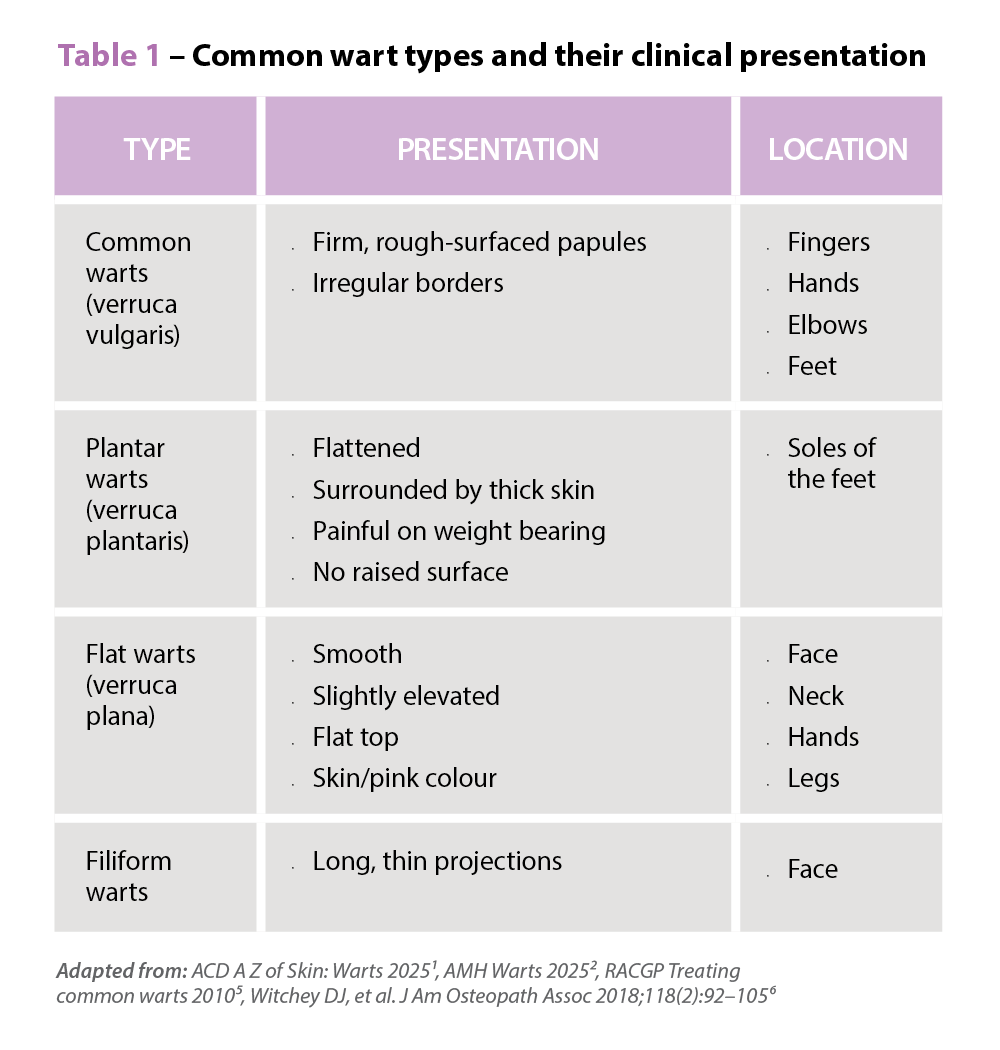Submissions to the current Queensland Government inquiry into pharmacy ownership and regulation in the state have resoundingly supported current ownership provisions, amid concerns that any deregulation of current ownership laws would lead to the dilution of care.
There has been particular support for pharmacists operating in regional and rural communities, where Glaucoma Australia’s submission stated that pharmacists are frequently the only continuous and resident health professionals in many communities and provide vital triage services for eye conditions.
‘People living with glaucoma access their community pharmacists about five times for every consult with their GPs or ophthalmologist. A pharmacist can advise whether a simple pharmacy medication, an optometrist, a GP, an ophthalmologist or an Emergency Department should be the next port of call,’ their submission stated.
Child protection organisation Bravehearts echoed that concern, writing: ‘The deregulation of pharmacy ownership may see community pharmacies disappear in rural and remote communities, and lead to big business takeover of pharmacies.
‘Families and communities would no longer have a health professional to call on in their community.
Epilepsy Queensland said the assistance of community pharmacists in providing patients with dose administration aids along with timely and correct consumption of anti-epileptic drugs is vital. Pharmacists and pharmacy assistants were praised for providing ‘safe environments’ for those experiencing unexpected epileptic symptoms.
‘Community pharmacies will go above and beyond what would be expected from a pharmacy with more of a retail/commercial focus,’ their submission stated.
‘We hear stories from our members about how their local community pharmacy has gone to extraordinary lengths to ensure they have access to their epilepsy medication.’
The Parliamentary Committee is also inquiring into a proposal for the establishment of a state pharmacy council, an independent authority to oversee consumer, business and professional best practice in line with other states and territories.
In its submission to the Committee, PSA requested consultation and engagement for the process if a pharmacy council was to be established.
‘The existence of a council should be for the purpose of administering and enforcing the Pharmacy Business Ownership Act, which provides the regulation surrounding pharmacy businesses and should not have functions that duplicate those already in place elsewhere,’ the PSA submission said.
‘The function and scope of responsibility of a council must first be determined with clear benefits for community outcomes that don’t exist under the current system.
‘Any review of or changes to the current legislation should ensure that as the pharmacy profession evolves and pharmacists continue to be utilised to their full scope as medicines experts, that legislation doesn’t act as a barrier, but rather an enabler of practice.’
‘The community pharmacy sector in Queensland, encompassing approximately 1100 pharmacies across the state, is multifaceted and challenging, particularly as the health care needs of the Queensland population are changing with an ageing population and advances in medical sciences and technology,’ the PSA submission said.
‘Whilst pharmacists’ unique skills and expertise have been historically underutilised, there is a significant opportunity, within the current health reform environment, to ensure that pharmacists’ skills are better utilised to contribute to better health outcomes for all Australians.
‘PSA is committed to the ongoing development of Australian pharmacy professionals. Providing ongoing professional development and practice support is a core part of PSA’s role as the national peak body for pharmacists in Australia. This in turn supports the care of millions of Australians.’
The Australian Medical Association of Queensland and the Royal Australian College of General Practitioners were concerned with an increased scope of practice for pharmacists, citing the potential for poorer patient health outcomes in a retail environment with increased incentivisation for profit.
Public hearings for the inquiry will be held in Brisbane on 20 August and 3 September with hearings in regional centres yet to be confirmed.




 Symptoms
Symptoms













